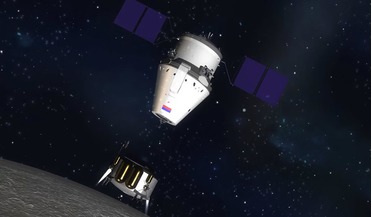 07 August 2017
Russia and China set to sign Moon exploration deal this autumn
07 August 2017
Russia and China set to sign Moon exploration deal this autumn
... experiments aboard the International Space Station, Glavkosmos and China are also currently aiming to make their GLONASS and BeiDou navigation satellite systems mutually compatible and have plans to install adjusting ground-based stations...
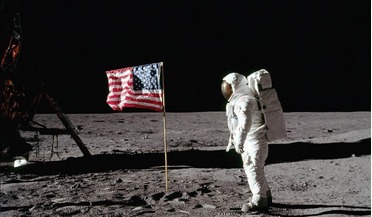 July 2014
Space 1.0 to Space 3.0: from Gagarin to market growth
July 2014
Space 1.0 to Space 3.0: from Gagarin to market growth
Space 1.0: how it all began In the 1950s and 1960s, the model for the development of global space exploration was the ‘specialisation’ model. In the Soviet space programme, the most obvious example of specialisation was the General Designers’ Board,...
 April 2020
Reviving Russia’s space programme
April 2020
Reviving Russia’s space programme
... began to suffer from increasing instances of quality control lapses, such as the loss of two Mars probes, a constellation of GLONASS satellites and two Progress freighters. Even a Soyuz malfunctioned, the occupants (Alexei Ovchinin and Nick Hague...
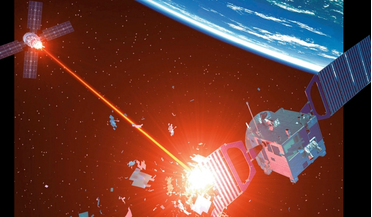 June 2022
Military space – how worried should we be?
June 2022
Military space – how worried should we be?
...followed by others. A similar model was developed by Russia (GLONASS), China (Beidou) and India, the Indian Regional Navigational Satellite ... the key contours of military space are well-known. GLONASS launch, Plesetsk This is not the case though, for...
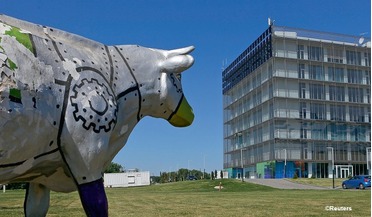 December 2014
Skolkovo and a new breed of Russian space startups
December 2014
Skolkovo and a new breed of Russian space startups
... and Earth remote sensing (ERS) operator; Sovzond and Skaneks, providing ground-based ERS services; NIS GLONASS, a navigational services and equipment provider; plus a few companies offering launch services, such as Kosmotras. In just over...
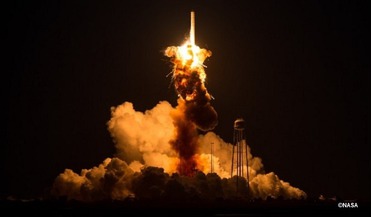 December 2014
From the green economy to green space
December 2014
From the green economy to green space
... industry. In July 2013, there was an accident involving the heptylic launch rocket, Proton-M, at Baikonur Cosmodrome. Three GLONASS system satellites were lost, with damages amounting to about RUB 5 billion. Fortunately, no one was hurt. The...